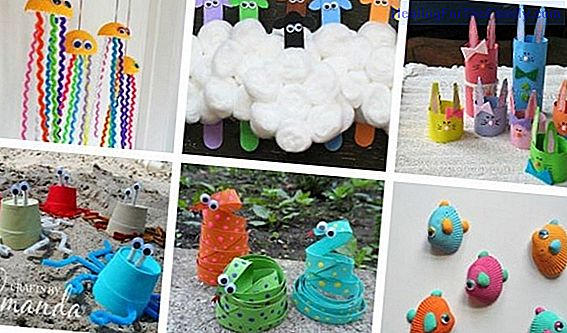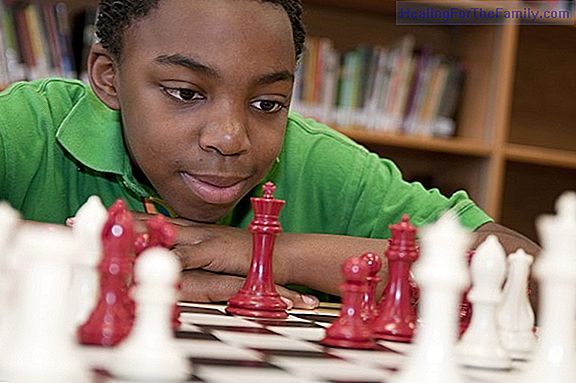How to teach the child not to be spiteful
When we speak of resentment in adults we know that they are people who may 'forgive' but who will not forget what has hurt them emotionally. A person can feel resentment when he has felt betrayed, abused, hurt ... anything that has affected his emotions and has made him feel emotional pain, and with
When we speak of resentment in adults we know that they are people who may 'forgive' but who will not forget what has hurt them emotionally. A person can feel resentment when he has felt betrayed, abused, hurt ... anything that has affected his emotions and has made him feel emotional pain, and with the children it happens exactly the same.
Resentment is a negative feeling that is accompanied with anger, impotence, anger, distrust, complaint, resentment, envy, pessimism, fear and many others that depend on the context in which the child is. Resentment is a disease of the soul that must be cured, so it is very important to teach children to get rid of this burden, and the best way to do it is through forgiveness and self-confidence.
Tips to teach the child not to resent others

The resentment a child may feel toward anyone around him that has made him or her feel bad. A spiteful child will adopt the role of victim. To teach the child no not to be spiteful you can use the following strategies: 1.
Teach by example. If you want your child not to be spiteful, the first step is to teach with your attitude. If you show resentful behavior towards others, your child will think and understand that it is an appropriate attitude and admitted by their parents, so you will not see any problem in acting in the same way. 2.
Teach your child to set limits. Children not only need rules and limits to feel safe within their education, but they must also learn to establish them in their lives towards others. For this it is very important that your child have enough self-esteem and confidence in himself to say 'no' when he wants to say no. Your child will have to understand that everyone has a right to their own physical and emotional space. 3.
Teach how to forgive . There is nothing more liberating than forgiveness, when a child learns to forgive from the heart he will be freeing himself from tensions and anxiety that only hurt him. Forgiveness will help you not to feel rancor and to have your possible emotional burdens released.4.
Write a diary. To learn to forgive others, it is sometimes necessary to write down feelings to give them form. Children have a hard time expressing their emotions, so in addition to helping them express their emotions with words, it is also appropriate to invite them to express their feelings through drawings or writing a diary (depending on age).












